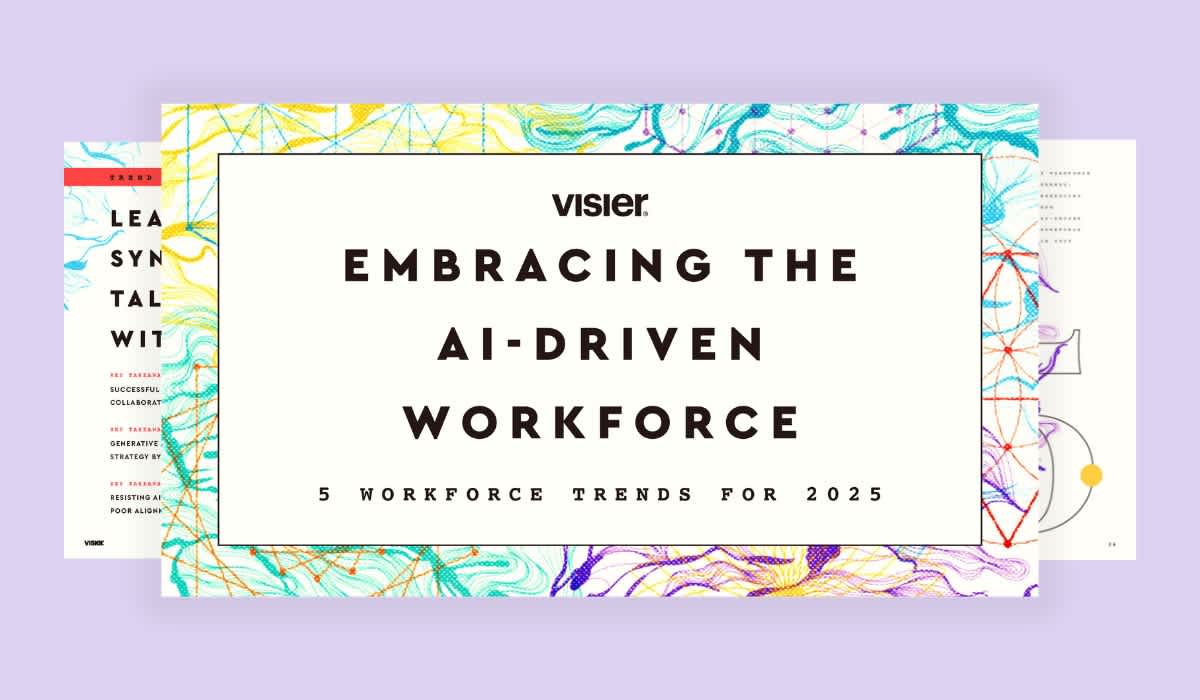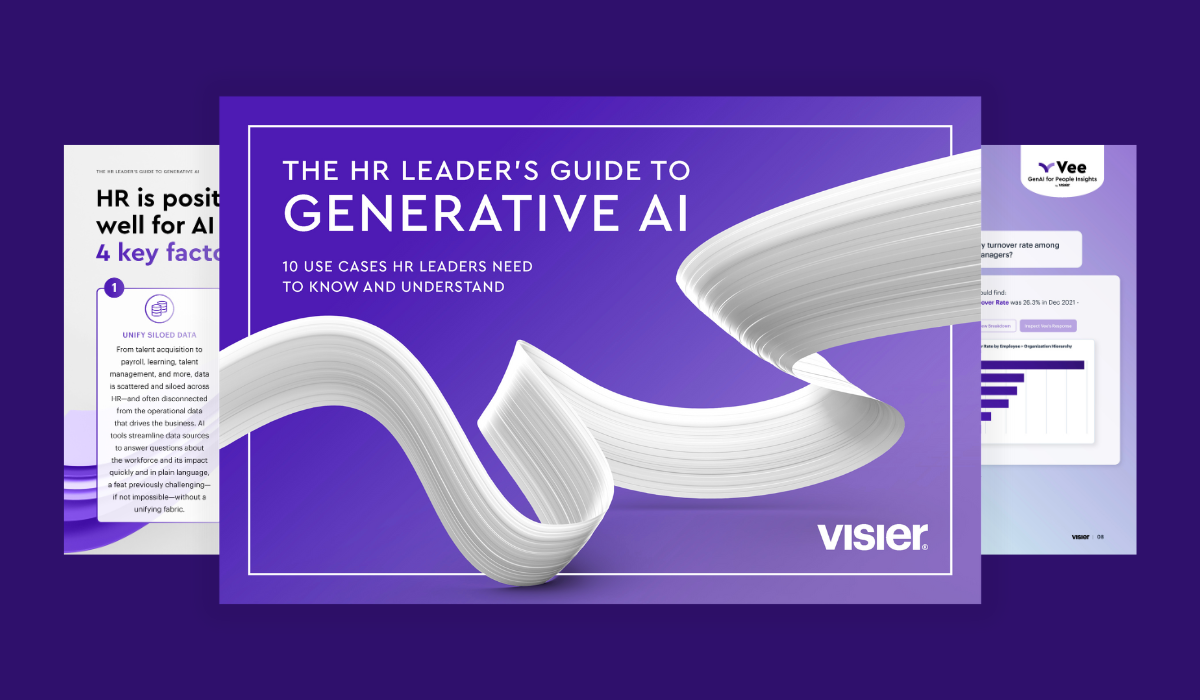What Is Ethical AI?
Ethical AI is the development and usage of artificial intelligence systems in a way that aligns with core human values and principles. Learn more.

Ethical AI—also referred to as responsible AI or trustworthy AI—refers to the development and deployment of artificial intelligence (AI) systems in a way that aligns with ethical principles and values like individual rights, privacy, non-discrimination, and non-manipulation.
Ethical AI involves considering the potential social, economic, and legal impacts of AI technology and ensuring that its use is fair, transparent, accountable, and that it respects fundamental human rights.
Why are there concerns about ethical AI?
Concerns about ethical AI relate to a variety of potential impacts of these systems, including:
Bias and discrimination. AI can inadvertently perpetuate biases and discrimination that may be present in the data they are trained on. This may lead to unfair outcomes and to reinforce societal inequalities.
Privacy and security. The use of AI often involves handling large amounts of personal data. This raises concerns about privacy and data security. The improper handling of sensitive information can result in breaches and violations of individuals’ privacy rights.
Lack of accountability. AI systems can sometimes operate as black boxes—meaning their inputs, operations, and algorithmic reasons aren’t visible to the user or even the creator—making it difficult to understand how it arrives at decisions or predictions. This lack of transparency raises concerns about accountability because it can be challenging to identify and address errors or biases.
Job displacement. The automation of tasks through AI technologies can lead to job displacement, causing economic and social disruptions in certain industries or communities. This is, obviously, a top concern among employees who fear the potential negative impact of AI on their jobs and livelihoods.
There are, however, steps organizations can take to ensure the ethical use of AI.
How can organizations ensure the ethical use of AI?
Organizations can ensure the ethical use of AI by developing and ensuring:
Ethical guidelines. It’s important to establish and communicate guidelines to help employees understand ethical issues related to the use of AI and how they can help to address these issues.
Data governance. Ensuring high-quality and unbiased training data is critical. Organizations should carefully curate data, address biases, and regularly audit datasets to minimize unfair outcomes.
Algorithmic transparency. It’s important for organizations to explain how their AI systems arrive at decisions to build trust and facilitate accountability. End users, likewise, should make the effort to understand how these systems they use operate to ensure that they also are using these platforms ethically.
Regular auditing and testing. Regularly testing for bias, fairness, and robustness through third-party audits can help identify potential issues and ensure compliance with ethical standards.
User consent and privacy protection. Organizations should obtain informed consent from individuals when their data is used in AI systems. Privacy protections, such as anonymization and secure data storage, should be implemented to safeguard sensitive information.
Human oversight. AI systems should always be overseen by humans who can intervene and correct errors or biases in AI decision-making.
AI can provide big benefits to organizations of all types and sizes. But it’s important to understand and address the ethical considerations that are raised by the use of AI to minimize potentially negative impacts.


